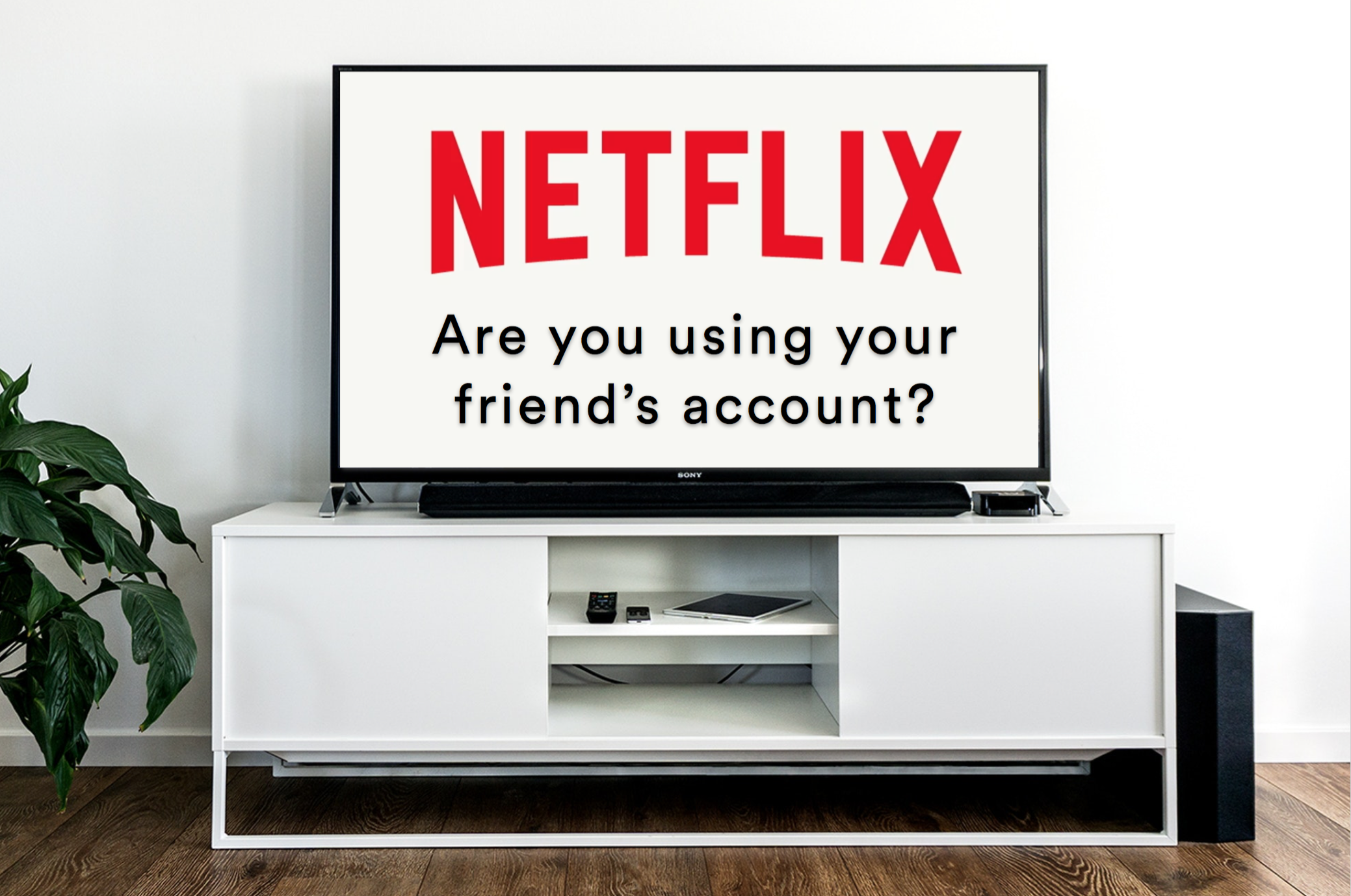Politics
What I’m Watching to Take My Mind Off This Election
|
By Harry Ducrepin
The presidential election is coming up in a few days and thinking about the consequences of America’s choice next Tuesday is both devastating and overwhelming. I’ve spent the past week or so trying to clear my head of the realization of what could soon become reality. So, I’ve been watching a lot of TV and really just engaging in any activity that can take my mind off of it. Don’t get me wrong: I am in no way ignoring or not taking part in this election, as that’s simply not an option for me. I don’t have the privilege to absolve myself from this election and any associated political discussions, given that my rights and the rights of my loved ones are on the line. All I can do is try and temporarily shield myself from the reality of this election’s outcome through indulging in whatever activities I enjoy.

